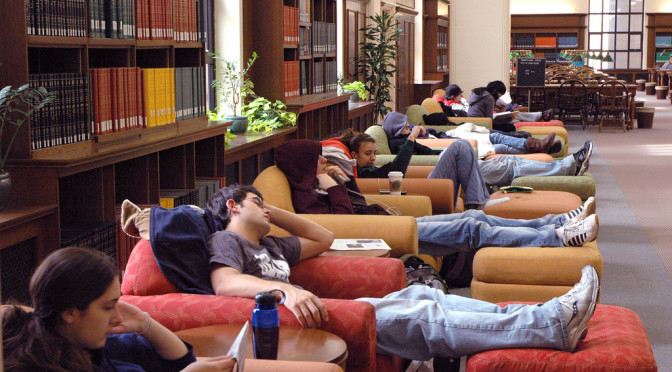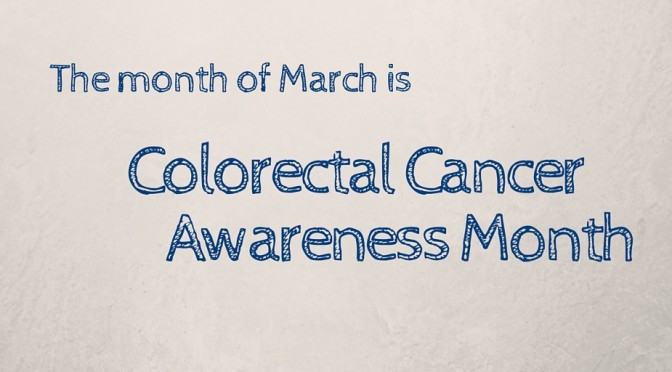By Jordan Gaines Lewis
Editor’s note: Sleep Awareness Week is almost at an end, (March 6-13, 2016), so we are republishing the following article, which originally appeared on The Conversation on April 27, 2015. This also follows up the House of Cards post we published last Sunday.
I recently wrote about the terrible sleep habits of the characters in House of Cards. I disapproved of Frank Underwood’s late-night computer work in the Oval Office, his new midnight iPad gaming habit and Claire taking her laptop to bed with her.
But I must confess my hypocrisy. Despite my preaching – and despite being a sleep researcher myself – the last thing I do before I flip off the lights and snuggle into my bedsheets is play games on my iPhone. I know, I’m bad – but I also know I’m not the only guilty person here.
Although evidence suggests that the blue light emanating from phones, tablets, laptops, televisions and e-readers can affect the quality of our sleep – in turn affecting our health and well-being – many of us can’t help logging in and tapping away when we should be winding down. A Time/Qualcomm poll of 5,000 people worldwide suggests that nearly a quarter of those between the ages of 18 and 24 generally don’t sleep as well because of technology. Even worse, 40-75% of folks across all age groups report keeping their phones within reach while they sleep at night. Continue reading Can wearing orange-tinted glasses before bed help you sleep? →




